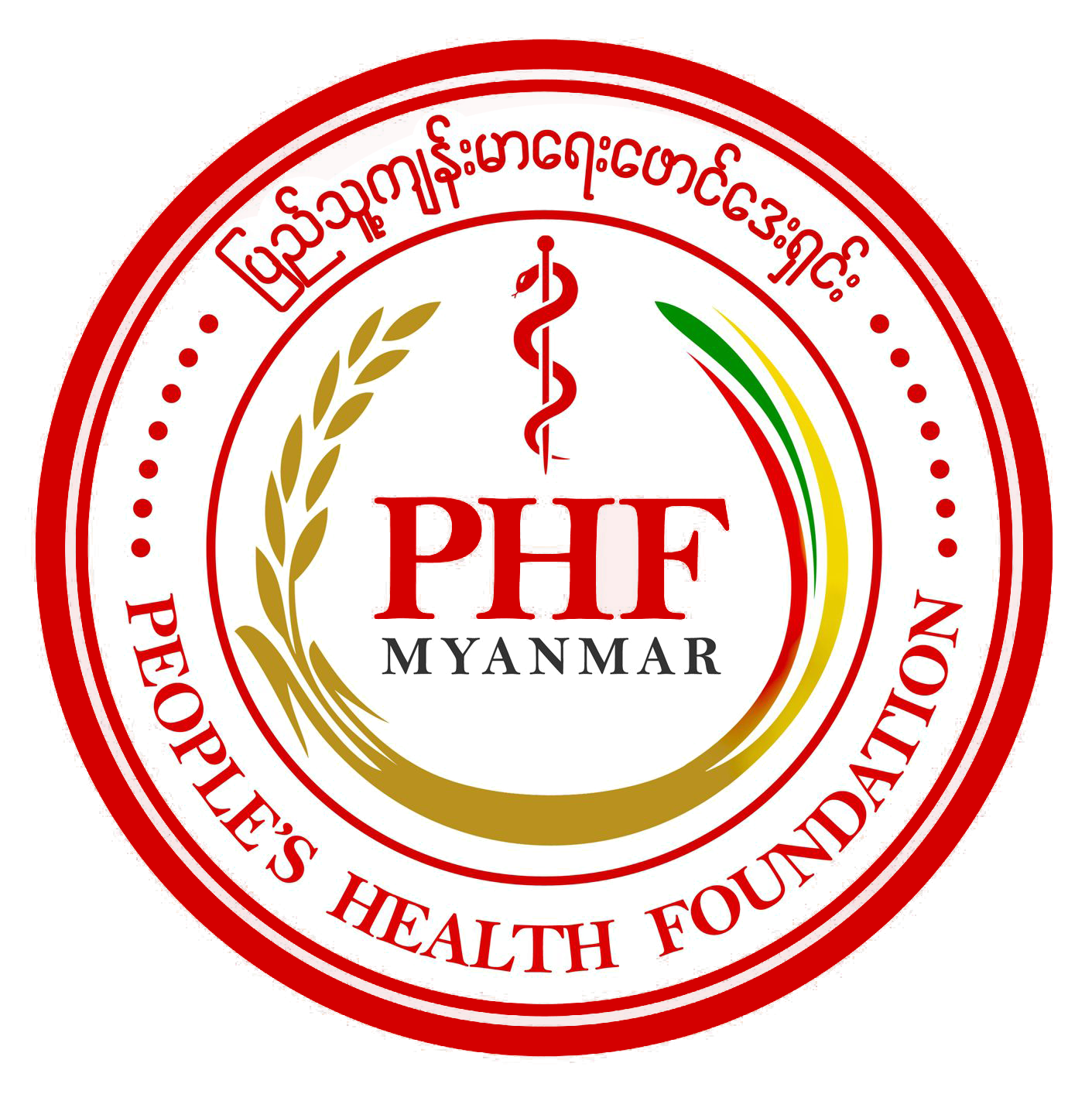WHO Framework Convention on Tobacco Control
The WHO Framework Convention on Tobacco Control (WHO FCTC) is the first international treaty negotiated under the auspices of WHO. It was adopted by the World Health Assembly on 21 May 2003 and entered into force on 27 February 2005. It has since become one of the most rapidly and widely embraced treaties in United Nations history.
The WHO FCTC was developed in response to the globalization of the tobacco epidemic and is an evidence-based treaty that reaffirms the right of all people to the highest standard of health. The Convention represents a milestone for the promotion of public health and provides new legal dimensions for international health cooperation.
WHO FCTC Overview (PDF)
https://www.who.int/fctc/about/WHO_FCTC_summary_January2015.pdf?ua=1
WHO FCTC Link –
https://www.who.int/fctc/text_download/en/
https://apps.who.int/iris/bitstream/handle/10665/42811/9241591013.pdf
SEATCA WHO FCTC Scorecard:
The second edition of SEATCA’s FCTC Scorecard is designed as a tool that objectively quantifies and measures the national implementation of different provisions of the WHO FCTC across the 10 ASEAN countries. The FCTC provisions evaluated based on their assessed impact on tobacco consumption, importance for effective tobacco control and availability of international implementation guidelines adopted by the FCTC Conference of Parties (COP). It acknowledges achievements and progressive efforts of ASEAN governments while also identifying implementation gaps that need further action. It also encourages comparisons between countries to further motivate the strengthening of FCTC implementation.
https://seatca.org/dmdocuments/FCTC%20Scorecard%20Sept%202018.pdf




